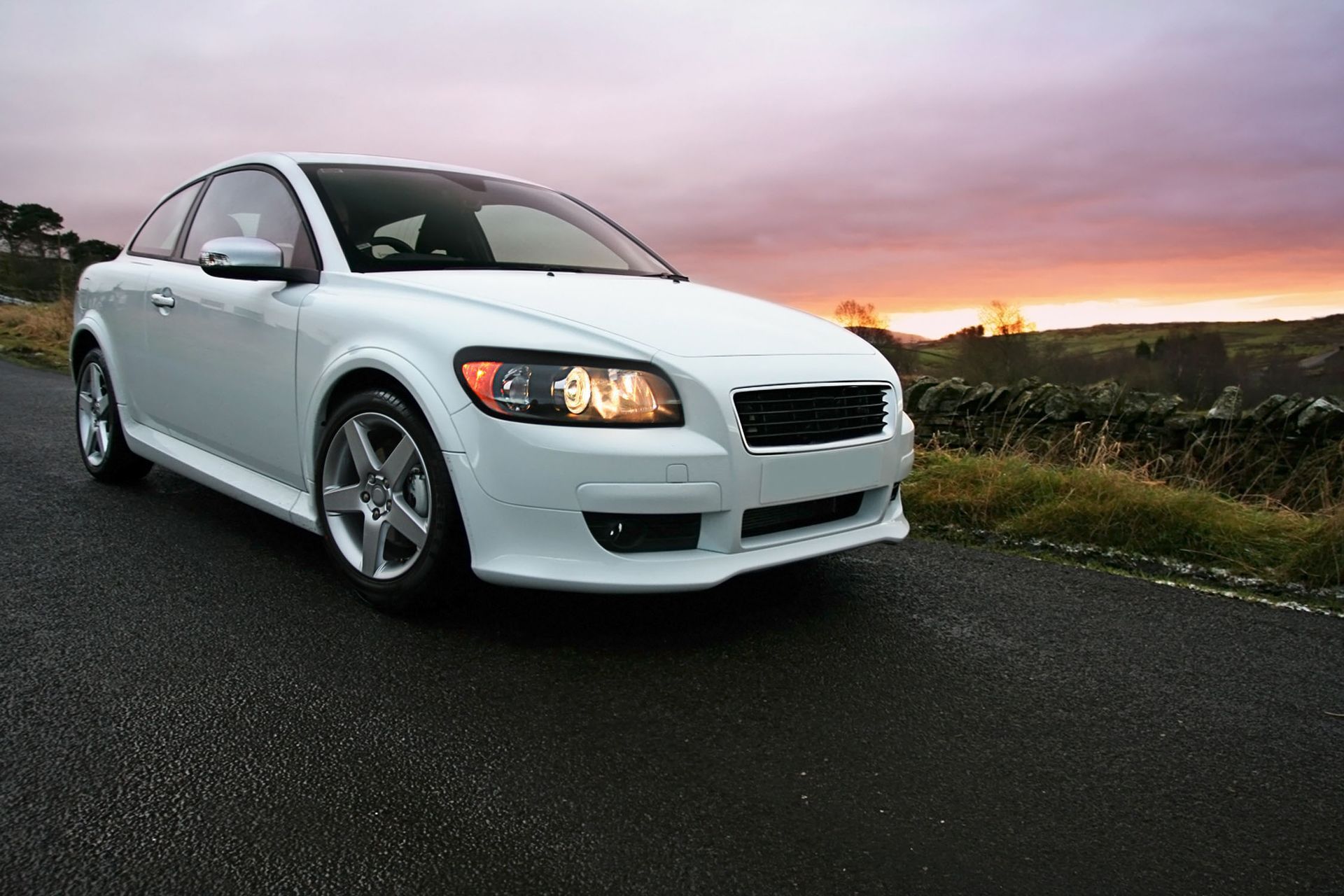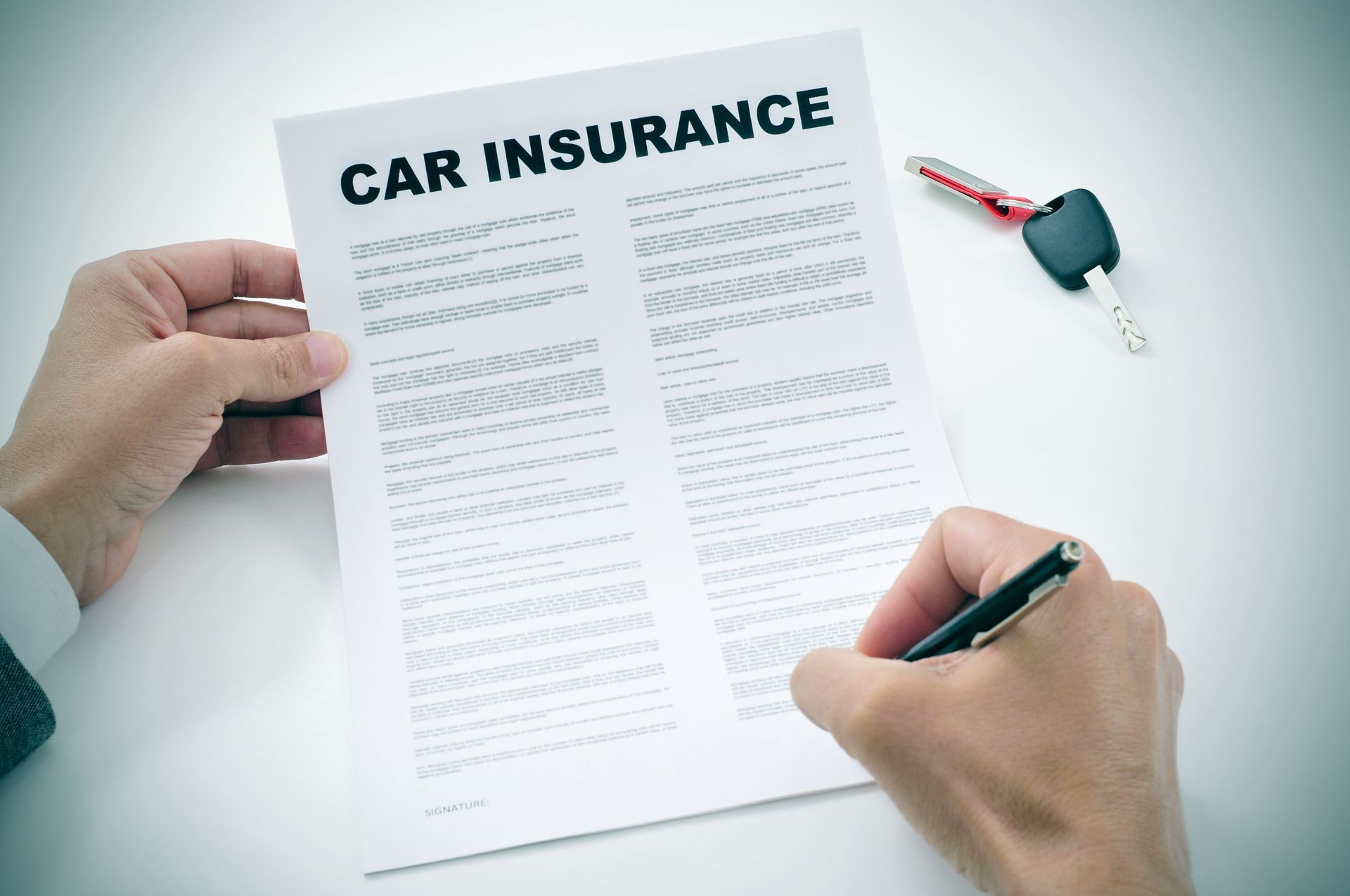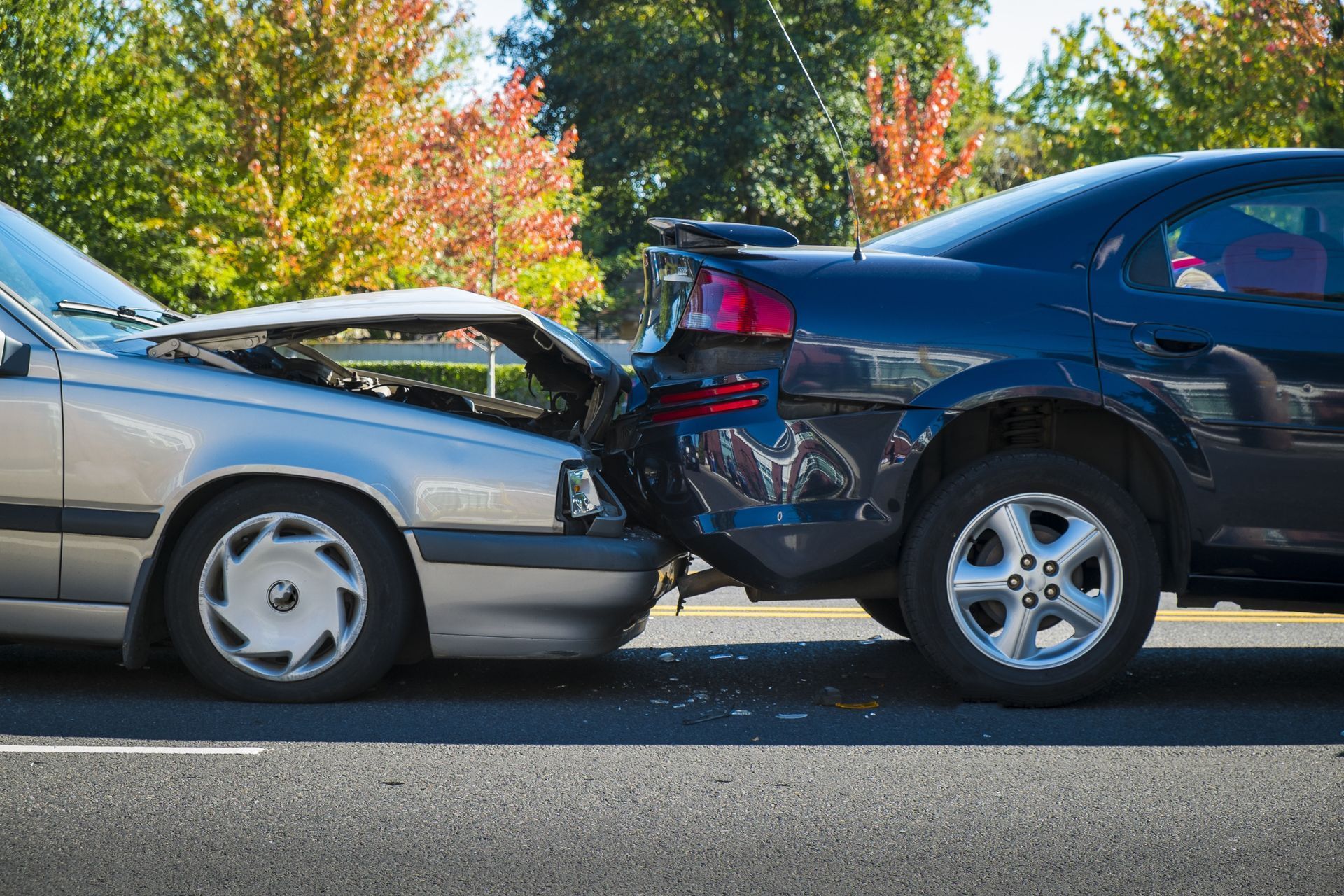3 Things First-Time Auto Insurance Buyers Should Know
Every state requires motorists to carry auto insurance to protect others against the costs of injuries or property damage that might occur during an accident. Some states also require motorists to carry insurance that protects them against the costs of accidents regardless of fault. According to Bankrate, about 215 million U.S. motorists have car insurance. If you are a first-time auto insurance buyer, here are three things you should know when shopping for insurance.
1. State-Mandated Auto Insurance Requirements
Every state has mandated car insurance minimums for liability protection, and some require purchasing personal injury protection that pays for medical bills no matter who causes an accident. In our professional experience, liability protection applies in four ways. Two are to cover the costs of bodily injuries per person and total bodily injuries per accident. Two others are property damage per person and total property damage per accident. The insurer places a maximum coverage amount for each level of insurance protection, which is why there are maximum totals per accident, as well as per person for bodily injuries and property damage.
2. Lienholder Insurance Requirements for Financed Vehicles
Buying new and even used vehicles gets costlier all the time, which is why many people choose to finance their vehicle purchases. When you use a vehicle as collateral to secure a loan to buy it, the lienholder will require you to purchase full coverage car insurance to protect the collateral. You will need to buy a combination of collision and comprehensive insurance that, when combined, is commonly referred to as full coverage car insurance. The insurance ensures the vehicle can be restored or the lienholder paid off if it is totaled in an auto accident, stolen, or suffers some other mishap.
3. Concerns Regarding Uninsured/Underinsured Motorists
Although it's against the law to do so, many motorists, for many reasons, choose to drive uninsured vehicles. Some states have significantly large percentages of uninsured vehicles plying public roads, which puts insured motorists in danger of not having insurance coverage if the offending motorist lacks car insurance. The other potential problem is when a motorist has just state-mandated minimums for liability coverage, which might not be nearly enough to pay for the costs of your injuries or property damage. Uninsured and underinsured motorist car insurance pays those uninsured costs up to policy limits when an offending driver lacks coverage to pay for the damage to your vehicle, body, or both.
You can call or visit our brokerage to learn more and get no-obligation auto insurance quotes for your vehicle. Our team at XL Brokerage Inc looks forward to working with you. Reach out today.












